6. Doctor Zhivago (1965)
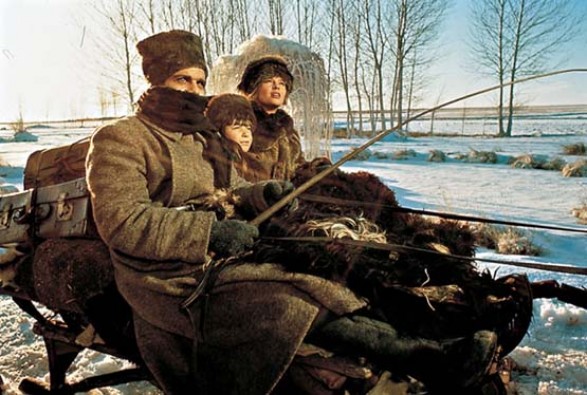
David Lean’s biggest commercial success came with this romantic epic that after the spectacle of “Lawrence of Arabia” certified his particular brand of groundbreaking camerawork and extreme wide shots. Roger Ebert correctly called “Zhivago” Lean’s “Gone with the Wind”: unabashedly romantic, visually and technically dazzling, but devoid of an intellectual viewpoint.
The film is set in Russia during the time of World War I and the Russsian Revolution and tells the story of two people- the protagonist Yuri Andreyevich Zhivago, a principled, moralistic man and Lara, the beautiful, valiant daughter of a dress store owner, whose lives keep colliding with each other despite their situation never allowing them to realize their relationship and confront their feelings for one another.
While suffering from issues of redundancy and length, the film’s sweeping, grand, tender passiveness is a must-have. It isn’t subtle in its messaging, but the feeling it surprisingly induces is overwhelming, and even the most impatient of viewers can’t deny the inimitable brilliance of that Maurice Jarre score.
5. Ryan’s Daughter (1970)

David Lean was so disappointed in the response to “Ryan’s Daughter”, he called the National Society of Film Critics to discuss with him their problems with the film. Famous critic Richard Schickel asked Lean, “How could someone who made “Brief Encounter” make a piece of bullshit like “Ryan’s Daughter”?” Such was the response at the time to Lean’s massive, panoramic masterpiece.
“Ryan’s Daughter” is the story of Rosy, the only child of widower Tom Ryan, an Irish man who is a secret informer to the British army. She marries the village schoolmaster Charles and anticipates a fulfilling life she then finds no scope for. A young British soldier, who commands the nearby army camp, falls for her and she finds in him a troubled soul who needs her comfort.
Rosy Ryan is one of the most elegantly complicated female screen characters of all time and Sarah Miles’s fearlessly shaded performance rises up to the challenge perfectly. While the Oscar-winning work by John Mills hasn’t aged as well, the ensemble is an intricately wound-up delight to watch.
The biggest grievance most audiences and critics seemed to have with Ryan’s Daughter was its pairing of an intimate relationship drama with the overall scale of the film, which for them seemed to diminish all nuances of that story. But what they didn’t cherish was the inherent poise that scale lent the film. Its grandeur can be distracting, but its juxtaposition with a humanly composed character study works fabulously on repeat viewings and warrants a reassessment of this underrated tour de force.
4. A Passage to India (1984)
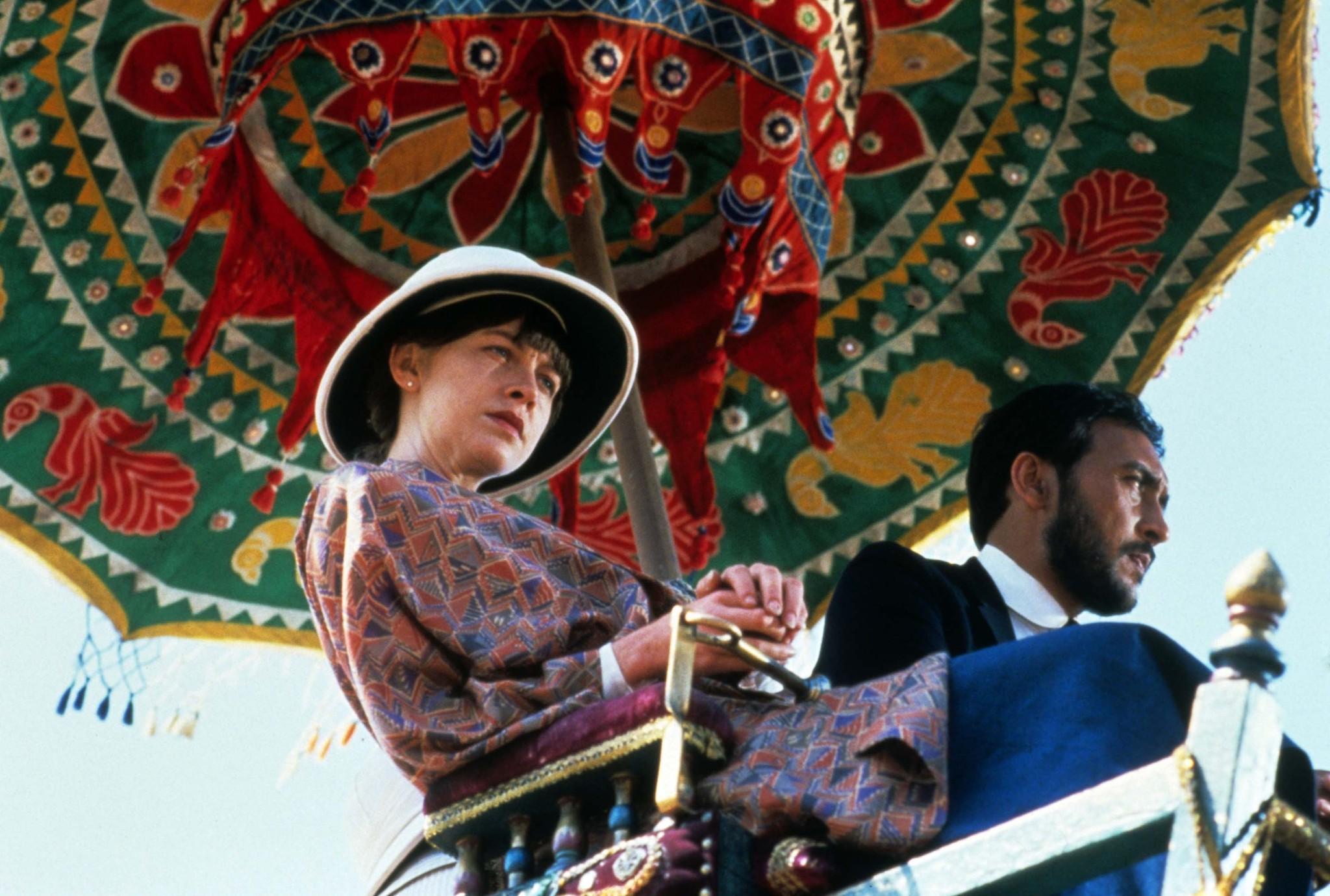
After “Ryan’s Daughter’s” denunciation by the critics, Lean had a crisis of faith. He wouldn’t start work on another project for years and his initial idea for narratives based on the Mutiny of the Bounty would not translate to fully realized films. But after giving up on that production, he decided to adapt E.M. Forster’s graceful book “A Passage to India” into a mesmerizing film: something he had wanted to do since the 1960s.
“A Passage to India” is the tale of a young English woman Adela who accompanies a Mrs. Moore, a beguilingly perceptive woman, who happens to be the mother of Adela’s suitor, to the residence of Mrs. Moore’s son in colonial India. There they meet a keen, enthusiastic young doctor named Aziz who takes them both on a trip that leads to unforeseen problems for all three.
Judy Davis is perfect casting as the intelligent, yet fragile and confused Adela. She inhabits her with intimidating authority, giving a seamless, compelling performance. Peggy Ashcroft’s alluring confidence and kind wit landed her a well-deserved Oscar. But the revelation here is Victor Banerjee as the sympathetic Aziz, whose incredibly elaborate performance shoulders Lean’s thematic intentions brilliantly.
In what would be his last feature film, Lean reincarnated his subtle observational qualities that made his greatest films so gratifying to behold. His camera easily finds the most intriguing, the most telling and the most haunting images, whether they be constituted of an actor’s face revealing impossibly textured emotion, or of the resplendent scenery that never feels without purpose or ambition.
3. The Bridge on The River Kwai (1957)
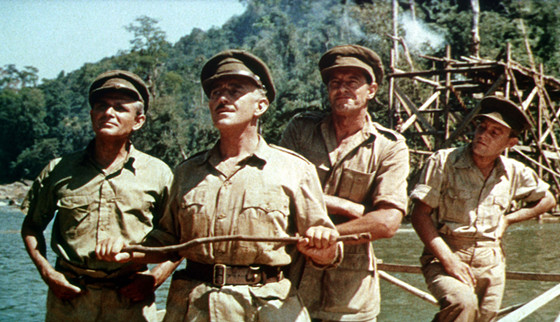
Lean was brought to global attention in 1957 when he decided to bring Pierre Boulle’s acclaimed book of the same name to the screen in the form of “The Bridge on the River Kwai”, a film that would not only bring him an Oscar for Best Director and Best Picture, but also instantly land him a spot in the legion of all-time great filmmakers; one whose name would become synonymous with solidly structured, endlessly enjoyable films where attention to detail would never be compromised.
A fictional execution of the construction of the Burma Railway by English soldiers forced on them by the Imperial Japanese Army, the film’s characterization of the unforgiving war and the impact on the men whose actions are decidedly futile in the grander scheme of things, fueled with such amiable honesty made it an instant classic.
Alec Guiness’s performance as both the heart and the backbone of the film seems as irrepressible today as it must have all those years ago. Lean’s thunderous control of all of the film’s intellectual, emotional, political and humane elements is reflective of a masterful sensibility that may seem indulgent and far too self-assured at first, but has an unmanufactured integrity that is undeniable.
2. Brief Encounter (1945)
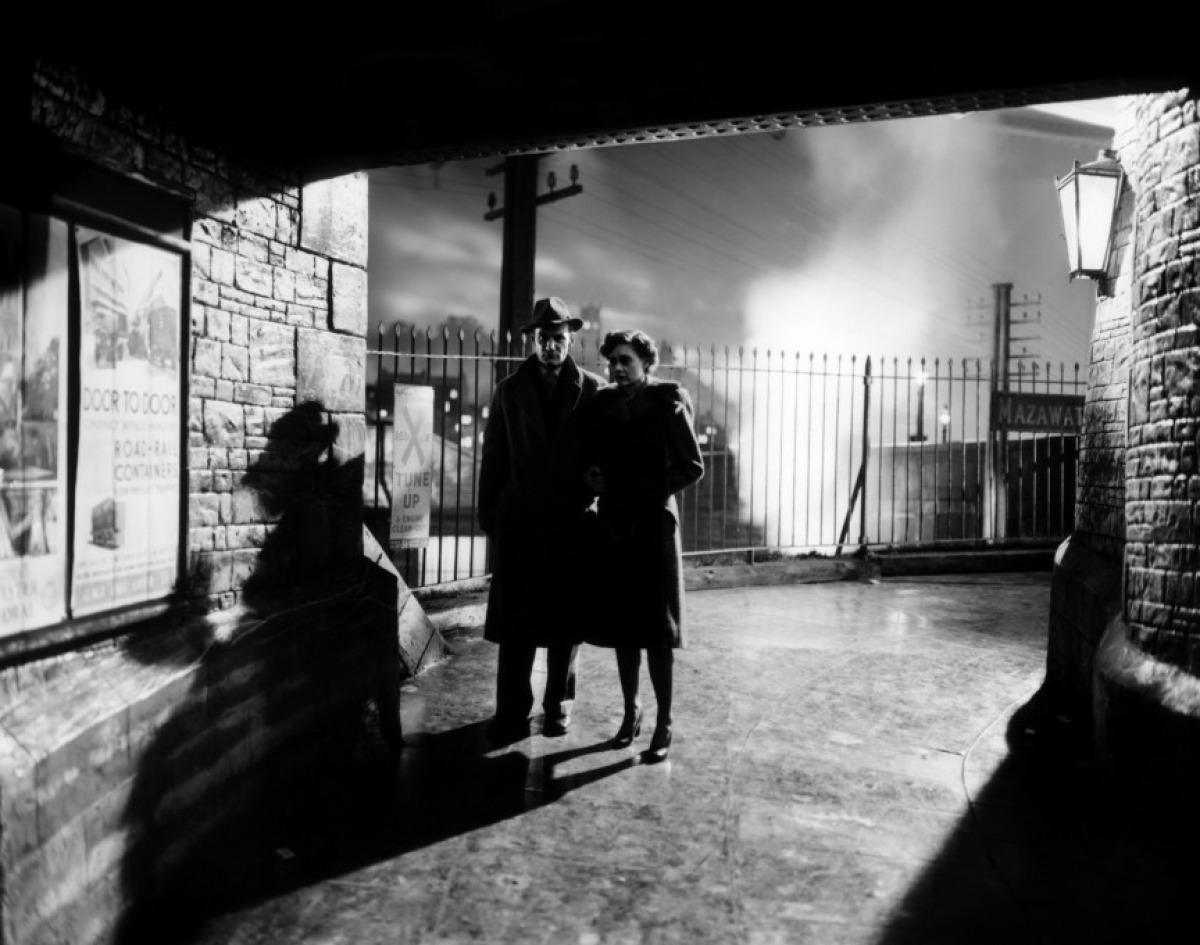
Inspiration to many a subdued romance that came after it, and to the artists who made them, “Brief Encounter” is the work of a true auteur. It is unquestionably well-written, but it is Lean’s refined, nearly unanalyzable direction that makes this intimate, toweringly mature love story one of the greatest in cinematic history.
One day on a railway station, the happily married Laura crosses paths with Alec, who is also married with children and they soon embark on a passionate love affair. They begin lying to suspicious friends and strive to keep the bond growing, even with both aware that no happy conclusion could come out of their secret.
With heartbreaking, frequently silent work from Celia Johnson and Trevor Howard, this one expresses its entire ardor with a studied restraint. Lean’s close ups say more than pages of dialogue and an air of sadness fills your heart unannounced, and leaves you gasping for more.
1. Lawrence of Arabia (1962)
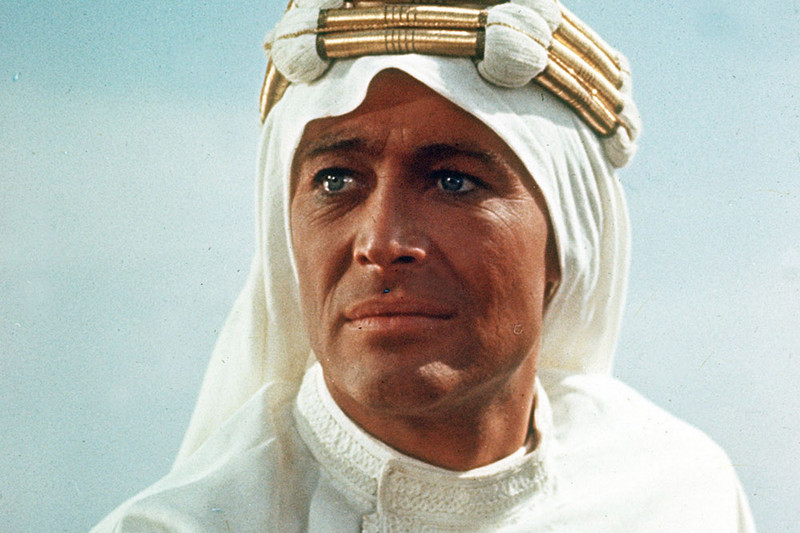
The sheer grandeur of “Lawrence of Arabia” can prove intimidating to some. Extreme wide shots of the vast empty desert, with immaculate editing, exemplified by that one iconic match cut, elaborate battle sequences and a three hour-42 minute runtime can only spell an epic of biblical proportions.
And yet, this serene, moving, wry character study can feel breathtakingly small. All of “Arabia’s” external intensity and splendor is equaled by a poignant internalization of all emotions. Of course, nothing would be half as communicative as it is sans that other-worldly performance from Petert O’Toole as T.E. Lawrence, a man conflicted between his ardent love for his own nation and the enormous feeling of camaraderie he harbors for the Arabian desert tribes he’s come to live amongst.
Everything about “Arabia” pulsates with emotion. It is a majestic, searing document of one enigmatic man and his legendary adventures. Did Lean see a lot of himself in Lawrence? Who can tell? But one thing is certain: he changed the dimensions of cinema with this one, expanding them to heights and widths unexplored and unknown before it, and possibly unparalleled since.
Author Bio: Anmol Titoria is a student at University and has been writing and engaging in many a parley about film since he was in school, where he was responsible for writing the film column of the monthly newsletter. He professes his love for Kubrick, Bergman and Tarkovsky in ways so multifarious and with such alarming regularity that his family has considered throwing him out repeatedly.